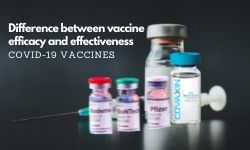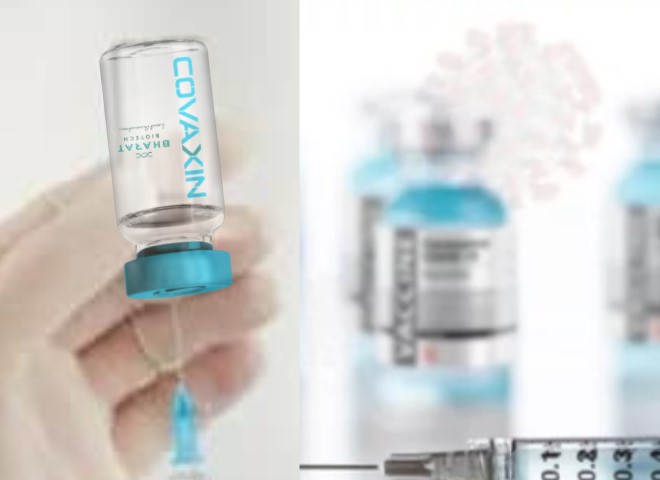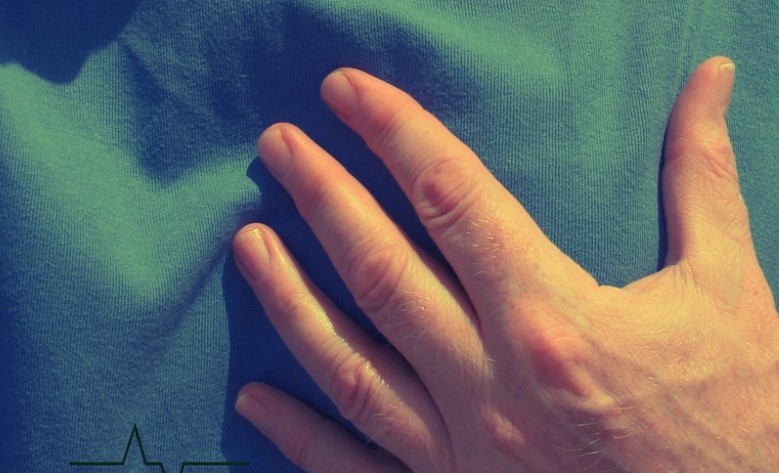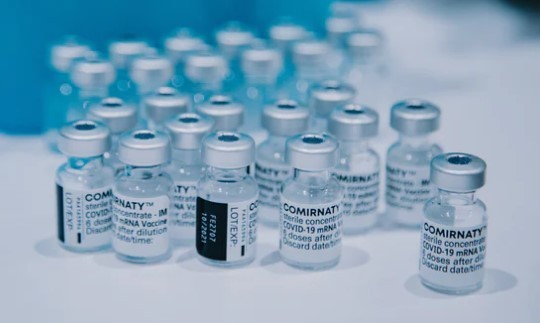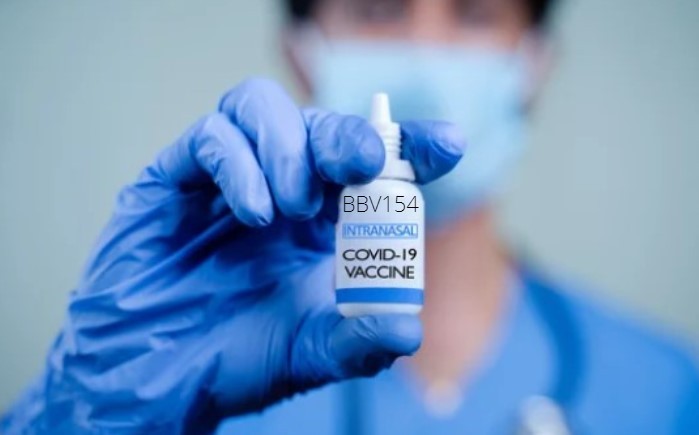There is a constant debate and discussion around the world about COVID-19 vaccine efficacy and vaccine effectiveness. As more vaccines are being administered around the world like COVAXIN, Pfizer, Moderna, Astra Zeneca and Sputnik – the big question is how do we know or address the question in people mind – Efficacy and Effectiveness.
World Health Organisation which issues guidelines on vaccines and health for the world says all COVID-19 vaccines approved by WHO for emergency use listing have been through randomized clinical trials to test their quality, safety and efficacy.
WHO further states to be approved, vaccines are required to have a high efficacy rate of 50% or above. After approval, they continue to be monitored for ongoing safety and effectiveness. But what is the difference between efficacy and effectiveness?
A vaccine’s efficacy is measured in a controlled clinical trial and is based on how many people who got vaccinated developed the ‘outcome of interest’ (usually disease) compared with how many people who got the placebo (dummy vaccine) developed the same outcome.
Once the study is complete, the numbers of sick people in each group are compared, in order to calculate the relative risk of getting sick depending on whether or not the subjects received the vaccine. From this we get the efficacy – a measure of how much the vaccine lowered the risk of getting sick. If a vaccine has high efficacy, a lot fewer people in the group who received the vaccine got sick than the people in the group who received the placebo.
Citing an example health experts say So, for example, let’s imagine a vaccine with a proven efficacy of 80%. This means that – out of the people in the clinical trial – those who received the vaccine were at a 80% lower risk of developing disease than the group who received the placebo. This is calculated by comparing the number of cases of disease in the vaccinated group versus the placebo group. An efficacy of 80% does not mean that 20% of the vaccinated group will become ill.

Let’s further examine an example of India’s Indigenous vaccine COVAXIN which recently announced its Phase 3 results conclusion. Bharat Biotech developed COVAXIN is among the most widely administered vaccine in India today.
COVAXIN Efficacy and effectiveness against COVID-19 and delta variant
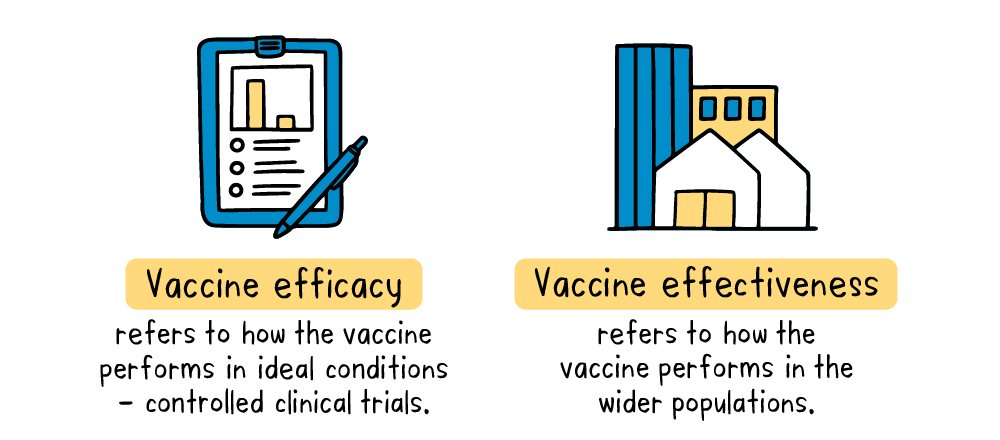
Efficacy analysis demonstrates COVAXIN® to be 77.8% effective against symptomatic COVID19, through evaluation of 130 confirmed cases, with 24 observed in the vaccine group versus
106 in the placebo group
● Efficacy analysis demonstrates COVAXIN® to be 93.4% effective against severe symptomatic
COVID-19
● Safety analysis demonstrates adverse events reported were similar to placebo, with 12% of
subjects experiencing commonly known side effects and less than 0.5% of subjects feeling
serious adverse events
● Efficacy data demonstrates 63.6% protection against asymptomatic COVID-19
● Efficacy data demonstrates 65.2% protection against the SARS-CoV-2, B.1.617.2 Delta variant
Vaccine Efficacy and Effectiveness study
Pfizer COVID vaccine study results
Analysis of 927 confirmed symptomatic cases of COVID-19 demonstrates BNT162b2 is highly effective with 91.3% vaccine efficacy observed against COVID-19, measured seven days through up to six months after the second dose
Vaccine was 100% effective in preventing severe disease as defined by the U.S. Centers for Disease Control and Prevention and 95.3% effective in preventing severe disease as defined by the U.S. Food and Drug Administration
Vaccine was 100% effective in preventing COVID-19 cases in South Africa, where the B.1.351 lineage is prevalent
Vaccine safety now evaluated in more than 44,000 participants 16 years of age and older, with more than 12,000 vaccinated participants having at least six months follow-up after their second dose.
The important point to note is Vaccines offer strong protection, but that protection takes time to build. People must take all the required doses of a vaccine to build full immunity. For two-dose vaccines, vaccines only give partial protection after the first dose, and the second dose increases that protection. It takes time before protection reaches its maximum level a few weeks after the second dose. For a one-dose vaccine, people will have built maximum immunity against COVID-19 a few weeks after getting vaccinated.
